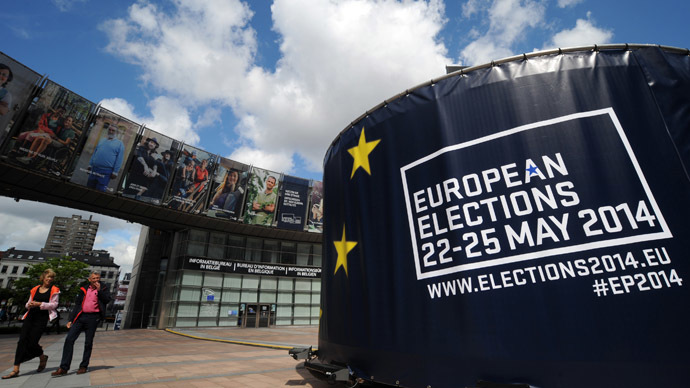
Populism on the Rise? The Brexit Vote and Beyond
The outcome of the British referendum on European Union (EU) membership has sent shockwaves across the globe that are still reverberating. Politically, the two major political forces in Westminster, the Conservative and Labour parties, are in disarray about how to shape UK’s ongoing relationship with the EU once we leave. Prime Minister Theresa May faces the daunting task of organising the British exit from the EU whilst keeping her party and country together. There are question marks over not only Britain’s new relationship with the EU, but also our partners within the British Union. Hot on the heels of the Brexit vote came the election of Donald Trump as president of the United States of America. This has been widely …

Populism and democracy: Dr Jekyll and Mr Hyde?
These comments on the topical subject of populism have been gathered by the University of Sydney’s Sydney Democracy Network and its Democracy Futures team. SDN is a global network of researchers, journalists, activists, policy makers and citizens concerned with the future of democracy. The comments form part of a longer series on populism on The Conversation. Populism is everywhere on the rise. Why is this happening? Why are the peddlers of populism proving so popular? Are there deep forces driving the spread of their style of politics, and what, if anything, has populism to do with democracy? Is populism democracy’s essence, as some maintain? Is the new populism therefore to be welcomed, harnessed and “mainstreamed” in support of more democracy? …

Brexit and the Anti-Elite Era
The result of the UK referendum on EU membership was an act of rejection of elite opinion. Almost the entirety of the country’s intellectual, economic and political establishment had explicitly opposed Brexit. There had been letters by Nobel laureates detailing the cost to UK research of a ‘Leave’ vote, a public statement by over 250 academics to the same affect, the official opposition of most British businesses as well as an avalanche of expert reports indicating the significant economic cost of leaving the world’s largest single market. In political terms, the ‘Remain’ campaign had the formal support of the country’s four largest political parties, the Tory-led national government and that of a plethora of international leaders, including the President of the …

Populism vs. Technocracy? How political parties adapt to new dominant narratives.
Over the last decades, populism and technocracy have attracted a great deal of public attention and generated a lively scholarly debate. As it has recently been argued, they have emerged as the two dominant discourses on the European political scene. As the 2014 European elections clearly showed, even traditional, mainstream political parties increasingly rely on either or both these narratives. One insightful example is the discursive practices of Matteo Renzi’s Democratic Party during the Italian electoral campaign.
After his rise as party leader and then Italy’s youngest ever Prime Minister, Renzi has become a favourite of the international press. As early as 2010, when he was still mayor of Florence, the Tuscan politician proved himself an extremely skilled communicator. His idea of ‘rottamare’ (‘scrapping’) the entire political class had an extremely wide impact on public opinion and soon became a slogan for all those who wanted to contest the status quo in Italian politics. The growing support he received from the public convinced him to run for his party’s leadership primaries in 2012 and then, successfully, in 2013. Nowadays, Renzi’s PD embodies an arguably renewed organisation. The internal opposition has been gradually marginalised and the re-compacted majority has developed a political discourse based on pragmatism, hope for the future and the need for change. In particular, one can observe how the PD has gradually assimilated populist and technocratic discursive strategies by examining the ways in which it deals with a key issue such as the European Union.
The populist mode. According to a growing body of literature, typical examples of populist discursive practices include the reliance upon Manichean oppositions, romanticised and essentialist visions of the people, appeals to the multitude whilst excluding others and extreme simplification and moralisation (Wodak 2003).

Neither Left nor Right: The rise of populist movements in Italy
When an economic crisis combines high youth unemployment and an impoverished middle class, there is a real risk of a rise in right-wing extremism. But the left/right divide does not always help to understand European populism.
The Italian case is a particularly interesting one. After Berlusconi resigned in disgrace, the main two parties (Berlusconi’s People of Freedom-PDL and the centre-left Democratic Party-PD) were left with no choice but to support a ‘truce government’ of non-politicians and technocrats, led by Mario Monti. This unlikely arrangement froze the parliamentary majority.









